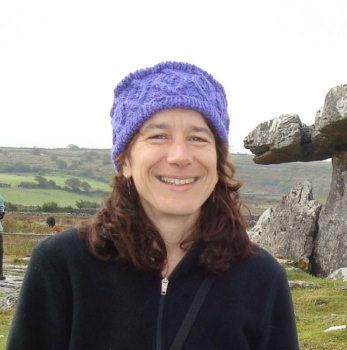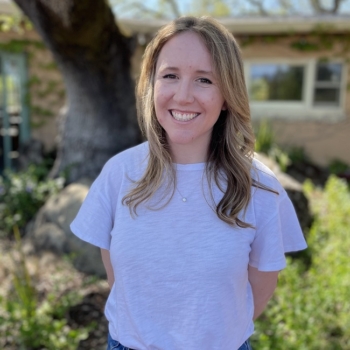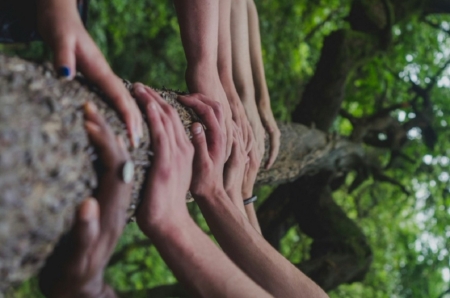Innovative methods to connect and communicate between disciplinesProject
Establishing evidence-based methods to bridge scientific fields for nature recovery.
Interdisciplinary working that bridges different scientific fields is widely recognised as crucial for effectively understanding and responding to environmental issues. New policy directions such as nature recovery, therefore, offer exciting potential to develop and deploy evidence-based approaches to collaboration. There has been a wealth of recent scholarship on strategies for working across worldviews and philosophies, connecting actors in multiple sectors of society, and navigating differences while respecting diversity. But more work is needed to integrate this evidence into practice.
This project has two aims. The first is to synthesise existing knowledge about concepts and methods that might support interdisciplinary working. Asking: What is the state of play? How could this be improved? The second aim of the project is to experiment with innovative methods to connect and communicate between disciplines, including using theatre workshops and computer databases, for example, to connect and combine qualitative and quantitative understandings of people and nature.
This projects is supported by the University of Oxford John Fell Fund.
Project outputs
- Society
- Society
- Society
- Society
- Society
Interdisciplinary Catalyst Activities – Field Work Tennis
In pairs, participants engage in back-and-forth conversations that are constructed to either accept or reject suggestions from the offering partner, with role-playing around an environmental research/restoration theme. This layered activity helps think through interdisciplinary critique as productive—rather than a hinderance—in research design and execution.
More information on the wokshop this activity was developed for here
More info on the Project: Innovative methods to connect and communicate between disciplines
Interdisciplinary Catalyst Activities – Object of Significance
Three groups engage in role-play, each group independently develops their own ‘rituals’ around a provided object, and these are then shared. The activity helps think about research and decision making when meanings placed on objects and ideas in the environment are different or in conflict between groups of people.
More information on the wokshop this activity was developed for here
More info on the Project: Innovative methods to connect and communicate between disciplines
Large-scale social surveys on people and nature relations: Report on the state of the art in the UK
Jasper Montana, Clare Ferguson and Tom Marshall
Collecting reliable and consistent data about people’s relationship with the natural environment is likely to be crucial to effective policy delivery by governments. Social surveys are a prominent tool in delivering this insight. In the UK, surveys on people’s relationship with nature are run by government bodies, nongovernmental organisations, academic researchers, and others.
This scoping assessment identifies the range of such surveys that are taking place within the UK (as of August 2023) and considers why survey data is being collected and by whom.








